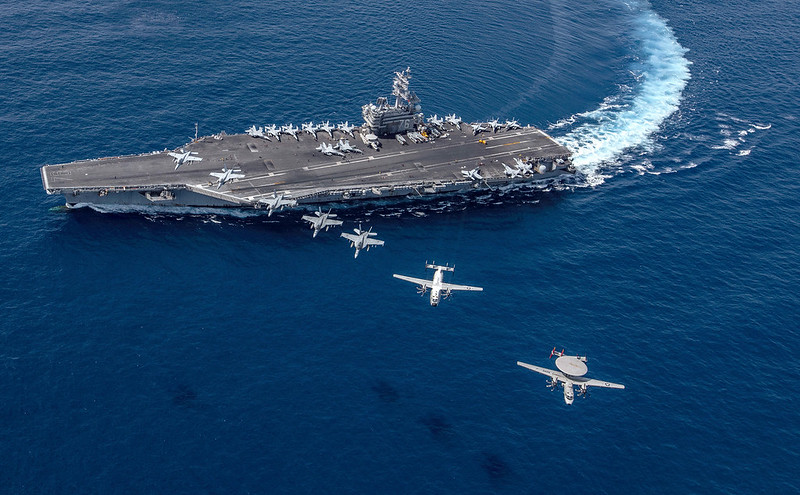
China’s coercive tactics in the South China Sea are losing effectiveness as Southeast Asian nations push back more forcefully, reports Gregory Poling of War on the Rocks. Despite implementing aggressive non-lethal measures, countries like the Philippines and Indonesia continue to conduct oil exploration and patrols. This resistance has strengthened U.S. regional alliances, raising the stakes for Beijing and increasing the risk of escalation if China refuses to shift its strategy. They write:
During a June 17 speech at the Center for Strategic and International Studies in Washington, U.S. Pacific Fleet commander Adm. Steve Koehler declared that despite an ongoing campaign of intimidation against its smaller neighbors in the South China Sea, “China’s pressure is not working well. It has failed to intimidate Southeast Asian claimants and make them surrender their sovereign rights.”
Koehler detailed examples of Chinese harassment and violence over the last year against Indonesia, Malaysia, Vietnam, and especially the Philippines, but noted that in each case, the Southeast Asian states have refused to back down. […]
The U.S. government should continue to reiterate that the treaty applies to any attack on Filipino forces, including the coast guard, in the South China Sea. It should follow through on plans to upgrade Philippine military facilities and rotate U.S. forces, including intermediate range fires, through the archipelago. And it should enhance bilateral patrols with the Philippines and multilateral patrols alongside Australian, Japanese, and other allied forces in the South China Sea, while providing ongoing support for the modernization of the Philippine armed forces. That is the best hope of maintaining the fragile status quo until Xi or, more likely his successor, sees the writing on the wall and seeks compromise.
Read more here.




